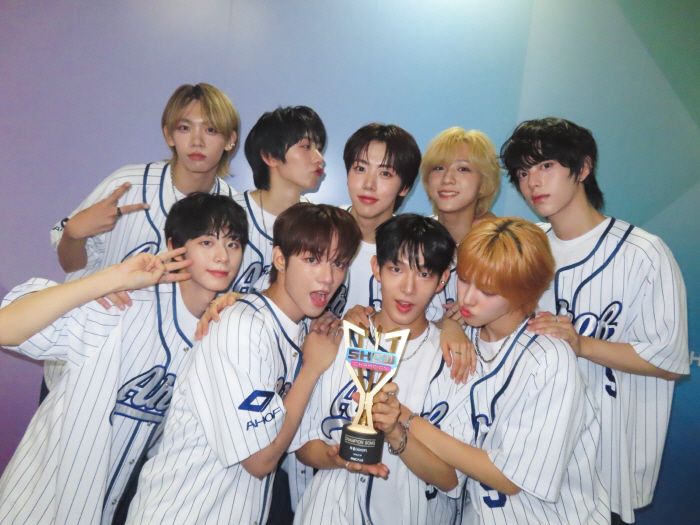
Understanding the Unspoken Needs of Men in Relationships
Relationships are built on communication, but sometimes, despite our best efforts, a gap can form between men and women. While conversations often focus on what women want or need, men may keep their inner thoughts and vulnerabilities hidden. This isn't always due to a lack of desire to connect, but rather a result of societal expectations or different ways of expressing emotions.
Dr. Sarah Jenkins, a relationship therapist specializing in gender communication, explains that men are often socialized to be strong, self-reliant, and less overtly emotional. This conditioning can make it difficult for them to articulate their deeper needs or insecurities. What they think but don’t say can be vital pieces of information that, if understood by women, could significantly improve mutual understanding and strengthen bonds.
Bridging this gap requires empathy and a willingness to look beyond surface-level interactions. Here are eight things men often wish women knew about them:
1. Their Need for Respect Can Be as Strong as a Woman's Need for Love
The Unspoken Truth: While love is universally desired, many men feel a profound need for respect in a relationship. They want to be seen as competent, capable, and valued for their efforts and contributions, both big and small.
The Impact: When they feel disrespected or constantly criticized, it can be deeply damaging to their sense of self-worth and their desire to engage in the relationship.
2. They Process Emotion Differently (Often Internally First)
The Unspoken Truth: When stressed or upset, many men tend to retreat into themselves to process their thoughts and feelings internally before they're ready to talk about them. This isn't a sign of disinterest or coldness.
The Impact: Women might interpret this as stonewalling or a lack of care. Understanding this need for internal processing can prevent unnecessary conflict and allow space for them to open up when ready.
3. They Appreciate Praise and Affirmation Too (Even for Small Things)
The Unspoken Truth: Men, like everyone, thrive on positive reinforcement. They notice and appreciate sincere compliments, expressions of gratitude, and recognition for their efforts, whether it's fixing something around the house or achieving a goal at work.
The Impact: Regular, genuine affirmation can boost their confidence, reinforce positive behaviors, and make them feel seen and valued, fostering a stronger connection.
4. They Have Insecurities They Rarely Show
The Unspoken Truth: Beneath a confident exterior, many men harbor insecurities about their appearance, their intelligence, their financial stability, their performance, or their ability to be a good partner/provider.
The Impact: Women might assume a man is always self-assured. Recognizing that they have vulnerabilities too can foster empathy and encourage a safe space for them to share their fears.
5. Sometimes, They Just Want Solutions, Not Prolonged Discussion
The Unspoken Truth: When a problem arises, a man's default mode is often to find a practical solution. If a woman is sharing a struggle, he might immediately jump to problem-solving, even when she just wants to be heard.
The Impact: This can lead to frustration for women who feel their emotions are being dismissed. Men wish women understood that this is their way of showing care and a desire to help, not a lack of empathy.
6. They Need Space and Alone Time (It's Not a Rejection)
The Unspoken Truth: Many men require periods of solitude or dedicated time for their hobbies to recharge and maintain their sense of self. This isn't a reflection of disinterest in their partner or the relationship.
The Impact: Women might misinterpret this as pulling away or a sign that something is wrong. Understanding this need for personal space can prevent feelings of abandonment and promote healthier boundaries.
7. Loyalty and Trust Are Paramount
The Unspoken Truth: For many men, unwavering loyalty and trust are foundational. Betrayals, even small ones, can be deeply impactful and very difficult to overcome.
The Impact: They need to know their partner has their back and that they can be fully trusted. A breach of this trust can severely damage the core of the relationship.
8. Simple Gestures of Affection Go a Long Way
The Unspoken Truth: Beyond grand gestures, everyday acts of physical affection (a hand on the back, a hug, a gentle touch) and verbal affirmation ("I appreciate you," "I love you") are incredibly meaningful and reinforce their connection.
The Impact: These small, consistent expressions of love and appreciation make them feel cherished and secure in the relationship, often more so than elaborate displays.
Understanding these unspoken needs and perspectives can transform relationships, fostering a deeper level of connection and mutual respect between men and women. It's about recognizing that while we may express ourselves differently, the core desires for love, connection, and acceptance are universal.










